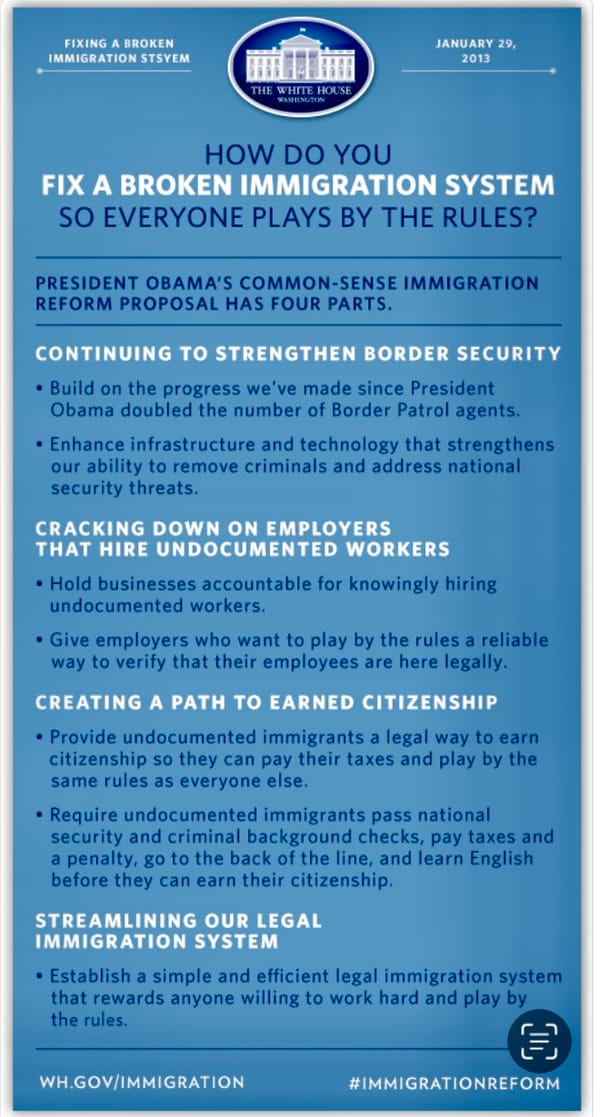Trump asks King Charles for reparations
Look — when a decision you make is based entirely or mostly on race, it is racist. It’s in the definition.

During his second state visit to the United Kingdom, after enjoying a warm welcome from King Charles and his g.f., U.S. President Donald J. Trump upset the royal pair when he broke protocol and demanded reparations from Great Britain for the centuries of repression.
Reading from Post-Its, Trump accused the king of being an “autocrat” and said his direct ancestor King George “had acted like Hitler,” and was a “racist by introducing slavery to America.”
The king was aghast.
Well, none of that happened, of course, but I was tempted to pump it out on social media to see how many people would believe it.
And there would be some.
Having had my laugh, just like that, I suddenly thought about discussions about reparations, including in Philadelphia, which last year launched a City Council task force, which sought volunteers from the community.
But not from the entire community. No whites need apply. It was a local version of apartheid — well, reverse apartheid.
No whites could be on the task force, irrespective of qualifications.
I filed a discrimination complaint, and lost. Of course.
Look — when a decision you make is based entirely or mostly on race, it is racist. It’s in the definition.
Nor was it the first time.
After a beautiful statue of Harriet Tubman, the famous abolitionist and conductor on the Underground Railroad, was featured on the apron of City Hall, it sparked an idea.
The city should have one, maybe to complement the statue of Octavius V. Catto, the Black early American civil rights crusader.
Everyone loved the statue, titled “The Journey to Freedom,” and the city commissioned Wesley Wofford, the highly-awarded artist who happens to be, um, white.
The alarm bells started ringing. Controversy ensued. So the City of Philadelphia cancelled Woffard‘s contract and put out a call for (other) artists to create a Harriet Tubman statue.
Long story short — in a decision that surprised no one, a Black artist was chosen.
Justified? I didn’t think so.
DEI at work? Yeah, I think so.
As I wrote, Wofford will survive.
But the sense of fair play in Philly might not.



